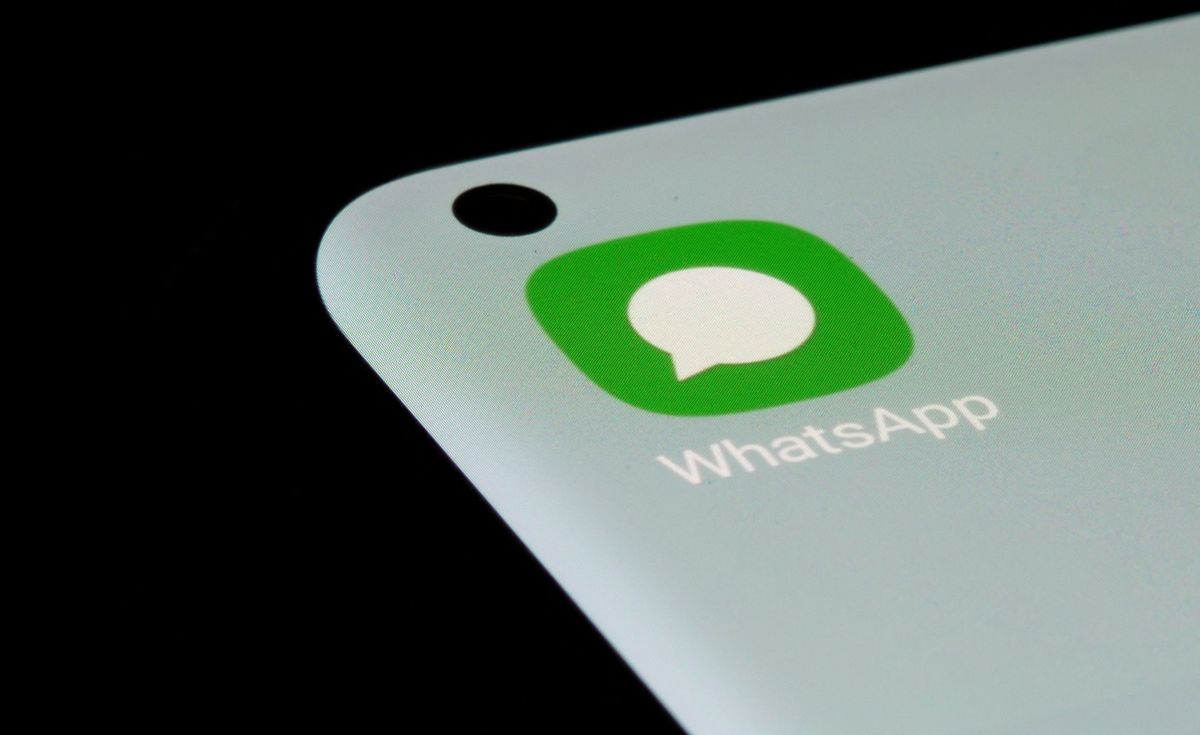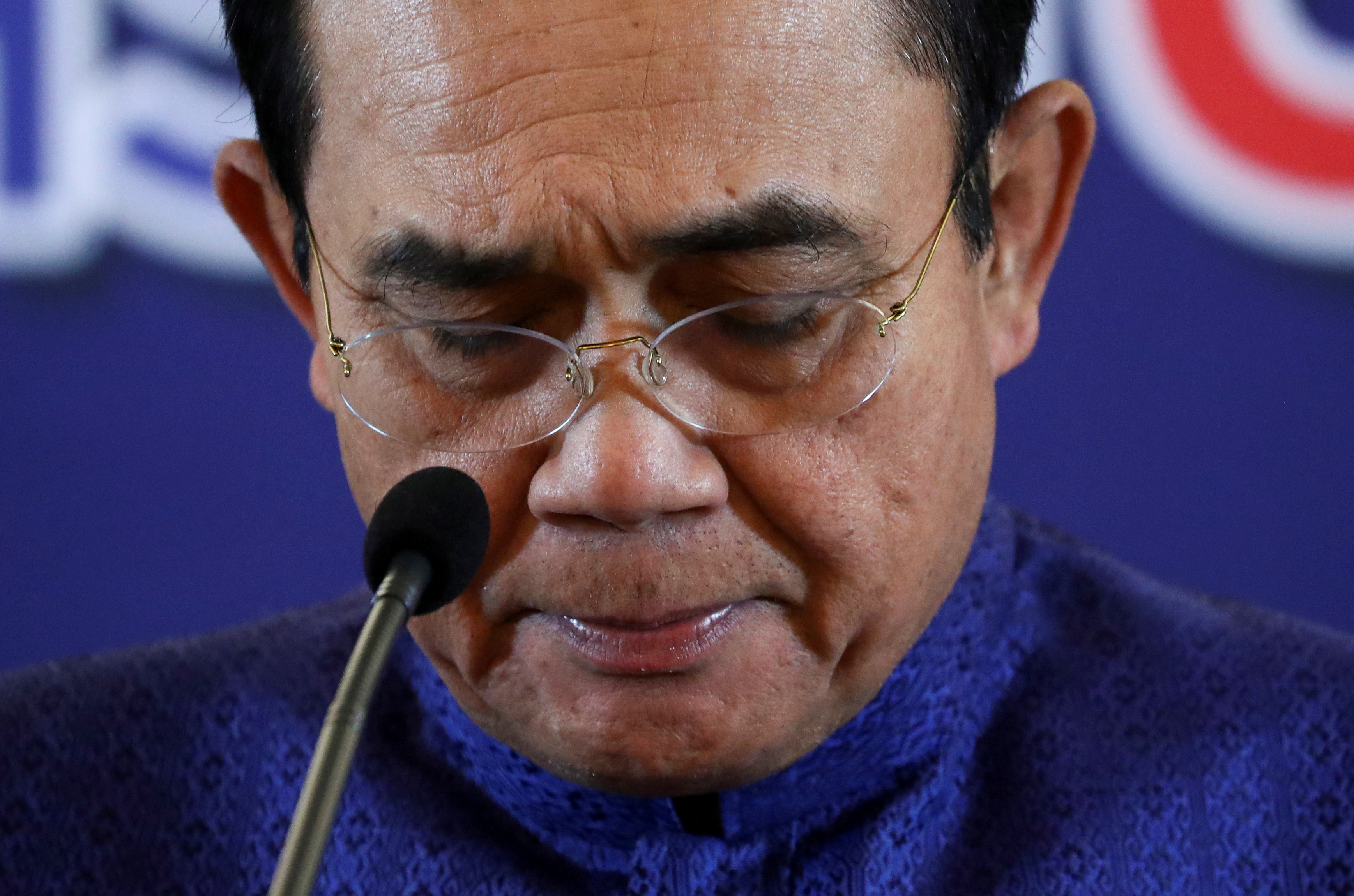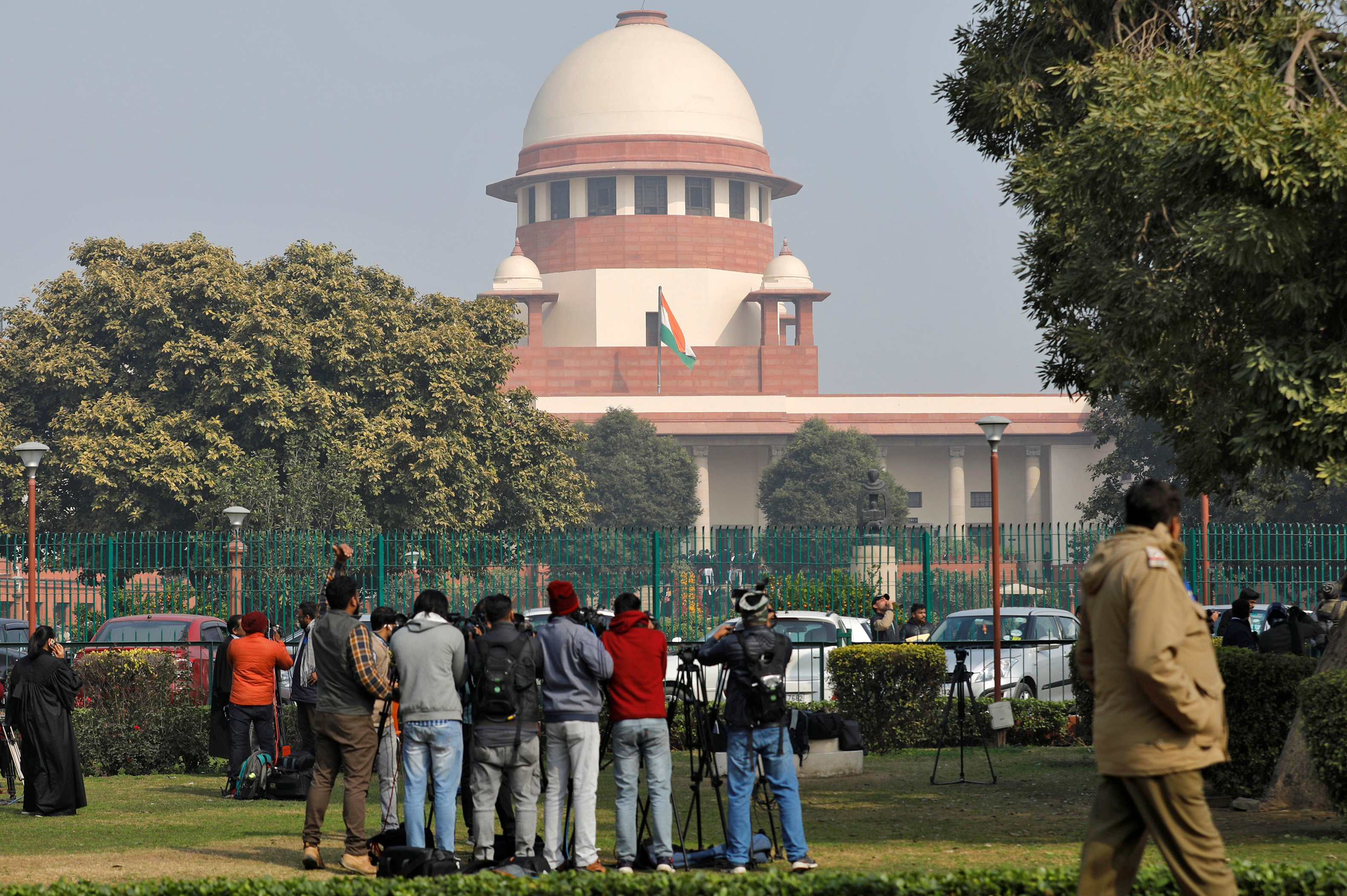From new WhatsApp features in India to Legos in the workplace – Here’s your August 30 news briefing

A few minutes every morning is all you need.
Stay up to date on the world's Headlines and Human Stories. It's fun, it's factual, it's fluff-free.
To start off, we’re looking into:
WhatsApp integrates in-app shopping in India
Meta’s WhatsApp, the popular messaging platform, has plans to become more versatile. Like China’s WeChat, Meta wants WhatsApp to become a do-it-all platform for managing everyday life – from shopping to paying rent to transferring money.
So yesterday, Meta announced its latest WhatsApp development to roll out in India – launching the first end-to-end shopping experience on the platform. By just texting “Hi” to the JioMart number on WhatsApp, users can browse the in-app grocery store, add items to their cart, pay and arrange delivery, all without leaving the app. Meta will continue to roll out features like this in other countries, but for now, this will only be available in India.
A Thailand court has suspended the prime minister

Since 2014, Prayuth Chan-ocha has been the prime minister of Thailand. As an ex-army chief, Prayuth took over by leading a military coup, and then, during a controversial 2019 election, he won the office again. Under his direction, the constitution was rewritten to include a prime minister term limit of eight years. Recently, opposition parties argued to the courts for Prayuth to be removed, saying he’s already overstayed his term limit.
Last Wednesday, Thai courts agreed to hear the case. The court voted to suspend him as prime minister temporarily, but he will stay on as Thailand’s defense minister in the meantime. Now the court will consider the case to decide if he broke the eight-year term limit. Did Prayuth’s rule start in 2014, when he took power? Or did it officially begin in 2017, when the constitution was rewritten? Or maybe in 2019, after he was first officially elected? In the meantime, Deputy Prime Minister Prawit Wongsuwan has stepped up as acting prime minister.
India’s Supreme Court says queer families are families, too

India’s march toward LGBTQ+ equality has been, well, more of a trudge, to be honest. It took until 2018 for a court to decriminalize sex between men, and though same-sex marriage is still illegal, a challenge to this is working its way through the court system.
On Monday, though, India’s Supreme Court ruled on a case involving maternity leave for a woman who had adopted her husband’s kids from a previous marriage and then conceived a child of her own. Although the case didn’t directly involve LGBTQ+ folks, the ruling made it clear that non-traditional families should be treated equally under the law.
This ruling means that those families, in whatever form they may take, are entitled to the same social welfare benefits they’d get if they looked more like a traditional family. This is a big deal, especially since Indian society puts quite a lot of emphasis on heterosexual marriage, and homophobia is still an issue throughout much of the country.
To end, we’ll look into:
Legos have entered the workplace
So it turns out that Legos, those multicolored bricks you put together to make funky-looking cars or buildings that span the color spectrum, actually have a pretty good use in the office.
A few companies have been experimenting with how to use Legos in the office to solve problems, enhance creative thinking and get people out of burnout ruts. And, if you think that this sounds like a pretty fringe idea that’s only applicable to a few fields, think again – companies from Google and Microsoft to the US Naval Warfare Division and Harvard Business School are using it.
One way is through a program called Lego Serious Play (LSP), which is a process where team members use Legos to make a model of something having to do with the business (like a concern they have with the company or aspirations they have within it), and then they’re told to describe what they’ve built.
“I often find that they build the model with assumptions that were not already explained, allowing us to dig in to find the true root cause of the problem,” said Jessica Milmeister, the director of enterprise quality at government services company V2X Inc.
Other groups use LSP for more practical applications. At NASA, engineers are using Legos to build models of things they’re working on engineering. At Google’s New York campus, the idea is that Legos can be used to get people out of their creative ruts, decreasing the amount of time people spend in burnout.
Let’s be clear; experts aren’t claiming that Legos solve every problem a company might have. But the bottom line is that they do have the potential to solve some of the creative blockages that get in the way of things every once in a while, and they can facilitate communications in the short run. And hey, if you’re getting paid to play with Legos, are you really going to complain?
In other news …
📉Stocks: MSCI’s gauge of stocks worldwide is down 0.96% to 2,668.79.
📰Some specifics:
- S&P 500 is down 0.67% to 4,030.61.
- Nasdaq dropped 1.02% to 12,017.67.
- Dow Jones is down 0.57% to 32,098.99.
- Hang Seng Index slid 0.73% to 20,023.22.
🧠Some quick factors to bear in mind:
- Fed Chair Powell has reinforced the central bank’s fight against inflation, and so worries over a recession have been reignited.
- There will be more Fed speeches this week, though, and August’s nonfarm payrolls report comes out on Friday, which will help further inform the situation. Analysts predict a moderate rise of 285,000 compared to July’s major 528,000 gain.
- In Hong Kong, the beginning of a sell-off campaign developed on Friday. Plus, with the ongoing zero-COVID policy’s restraints, Chinese tech is seeing its worst quarter of growth in history.
- But, there is some good market news for both the US and China. The China Securities Regulatory Commission and US Public Company Accounting Oversight Board agreed to cooperate in inspecting the audit work papers of US-listed Chinese companies on Friday. Also, yesterday, Goldman Sachs claimed its model “suggests that the market may be pricing in around 50% probability" that Chinese companies might be delisted from the US, down from 95% this past March.
👄Some comments and chatter:
“The message from Jackson Hole was loud and clear and not what markets were expecting. Central banks need convincing evidence that inflation is coming down. That is bad news for the economy and risk appetite and raises the risk of a deeper recession if we get more rapid rate hikes," said Nordea chief analyst Jan von Gerich.
“What I find interesting is how the narrative on the big tech companies … has changed: early on in the pandemic, COVID was expected to benefit the big online platforms at the expense of ‘offline’ businesses, as much of the economy would be stuck at home with little other choice than to shop online and entertain themselves online,” said Tariq Dennison, wealth manager at GFM Asset Management, about the tech slowdown.
🛢Oil: Oil prices jumped based on speculation that OPEC+ could cut output this September. US crude rose 4% to US$96.82 per barrel, and Brent went up to $104.77, up 3.7% on the day.
👛Bitcoin: At the time of writing, Bitcoin is up over 3% at US$20,188.60.
👩⚖️Seven charged in Tangshan attack: In June, several women were beaten up in China’s Tangshan at a restaurant, and two ended up in the hospital. Now, seven people have been charged for the attack, with the lead suspect also accused of kidnapping, gang violence and other crimes. Plus, eight cops were found to have abused their power by protecting the suspect and taking bribes.
😯Huawei’s founder goes viral: Huawei’s founder, Ren Zhengfei, sent an internal memo that was recently leaked and went totally viral on Chinese social media. The memo talks about a world going into economic recession and encourages staff to focus on company survival. This message made many nervous and fearful of a decade of hardship coming up.
🔍UN to inspect Ukraine nuclear plant: Yesterday, a UN nuclear watchdog team set off to inspect the Russian-occupied Zaporizhzhia atomic power plant in Ukraine. The region surrounding the power plant has been shelled, with Ukraine and Russia blaming each other for these attacks.
🚀Artemis I launch postponed: NASA has now postponed the launch of Artemis I, the rocket that was going to go past the moon before returning to Earth. One of the four engines on the rocket is experiencing an engine bleed, which needs to be addressed before Artemis I blasts off.
🤝Colombia and Venezuela restore diplomatic ties: In 2019, relations between the countries were broken when a group from the Venezuelan opposition tried to cross from Colombia with food and medicine; Venezuela closed the border and everything. Now, Colombia’s new left-wing president, Gustavo Petro, and Venezuela’s socialist President Nicolas Maduro have officially restored full diplomatic relations, citing historical ties and vowing to work together.
💼Singapore creates long-term work visas: In Singapore, the labor market has been tightening, which has strained the economy. So now, Singapore is trying to attract foreign talent via a new long-term work visa program. Expats earning at least S$30,000 (US$21,431) a month can secure a five-year work pass, and remarkable candidates in sports, arts, science and academia who don’t meet that minimum may also be eligible for a long-term visa.
👱♀️Argentine woman invents cap to prevent chemo hair loss: Usually, patients who have chemotherapy lose their hair as a side effect. But when Paula Estrada was diagnosed with breast cancer, she invented a cap that would prevent this. The cap is affordable and works by keeping the scalp cold to prevent hair loss. This is pretty much the first of its kind in Argentina and would let patients live their lives a little more normally.
Written and put together by Jake Shropshire, Vanessa Wolosz, Christine Dulion and Krystal Lai




Comments ()